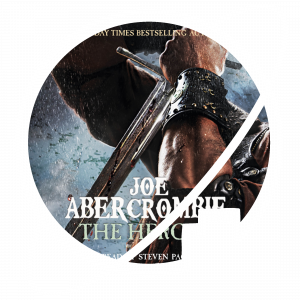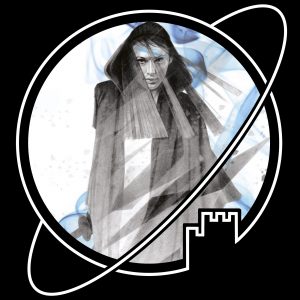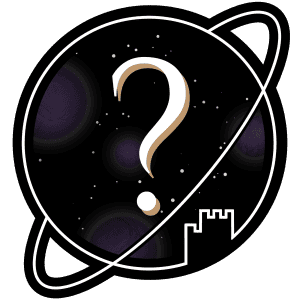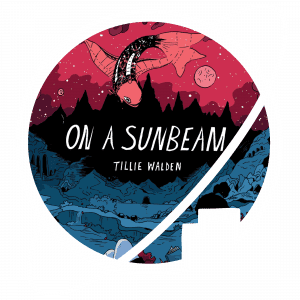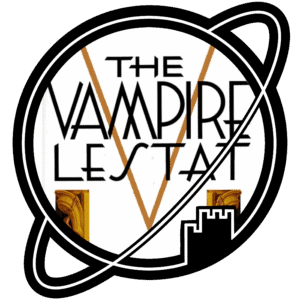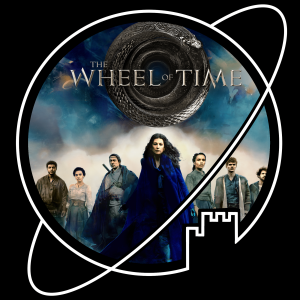- Novel written by Joe Abercrombie
- Published 16 July 2015
- Part 3 of the Shattered Sea Trilogy


Listened to the audiobook with Ben Elliot. Well narrated.
I think I started Half a War the same day that I finished Half the World. I blasted through the entire trilogy in just over two weeks of listening. Perhaps that is all the review you need. If you want to learn a little more… read on.
Half a War surprisingly feels more like a sequel to Half a King than to Half the World.
The plot of Half a War has a bigger scope than the previous instalments, focussing on war and politics and not following the somewhat predictable Hero’s Journey that I noticed in the first two novels.
Like Half the World before it, Half a War introduces a new cast of characters and folds them into the ongoing narrative with the characters the reader already knows. In the case of Half a War, though the build up of characters throughout the trilogy means that there is not enough space in the novel for each of them to take their moment in the limelight.
An unfortunate victim of this is Thorn Batu, the protagonist of Half the World. One character that does shift back into focus, however, is Father Yarvi, our protagonist from Half a King.
There are a couple of scenes early in Half a King that gave me premonition of where Yarvi’s character might be headed, and I am glad that Abercrombie zooms back in on him for this final book in the trilogy, even if it is still through the eyes of other characters.
Despite the bigger scope and the amount of characters, there just about enough room for the main character’s development. Skara’s line is the strongest in the book and the one that makes it worth reading. I will not say that it is full of surprises, especially if you have read a little of Abercrombie’s work before – but it is satisfying enough to wrap the trilogy nicely.
If there is one aspect of this trilogy I would have liked to see Abercrombie do differently, it is the post-apocalyptic elements.
Sure, they do play a bigger role in Half a War than in the previous instalments, but in the end, the pre-apocalyptic technology basically takes the place of magic and provides an unearned resolution to the main characters’ central challenge. There is no significance to the fact that the world is our world. Having read the whole trilogy, I cannot help but feel that Abercrombie could have saved that idea for a story that put a little more emphasis on it.
So what is my final verdict on the trilogy? I enjoyed all three books. They were quick and easy reads, not burdened by too much build up or worldbuilding. The Shattered Sea Trilogy are unpretentious adventure fantasy novels that are far enough off the beaten track to not be forgettable. You would not be remiss giving them a shot if you are looking for something a little simpler, but still expertly crafted. On the other hand, the Shattered Sea Trilogy does not have the depth – either in character, worldbuilding or plot – to truly captivate a regular reader of fantasy.
One thing I will take away from reading this trilogy – other than the hours of entertainment the novels gave me – is that the perfect balance between pacing and depth that I like is difficult to find. Looking just at Abercrombie, I think the First Law Trilogy has great depth, but is very slow out of the gate. The Shattered Sea Trilogy is very well-paced with not a slow page in it, but lacks somewhat in those extra layers that will truly immerse a reader. I think Abercrombie strikes the best balance in Best Served Cold and The Heroes, though there is some cheating there since the First Law Trilogy has already done a lot of set up for the world they take place in. Food for thought.








